DATE2023.10.31 #Events
Disclaimer: machine translated by DeepL which may contain errors.
School of Science, The University of Tokyo, Winter Break Lectures for High School Students 2023
Let's create the future of science together.
School of Science, The University of Tokyo will open special classes for high school students by faculty members who are conducting cutting-edge research.
Experience the fascination of science through the "One-Day Trial Lesson.
Each lecture will be followed by a 15-minute Q&A session. We look forward to your active participation.
Date, Time, and Program
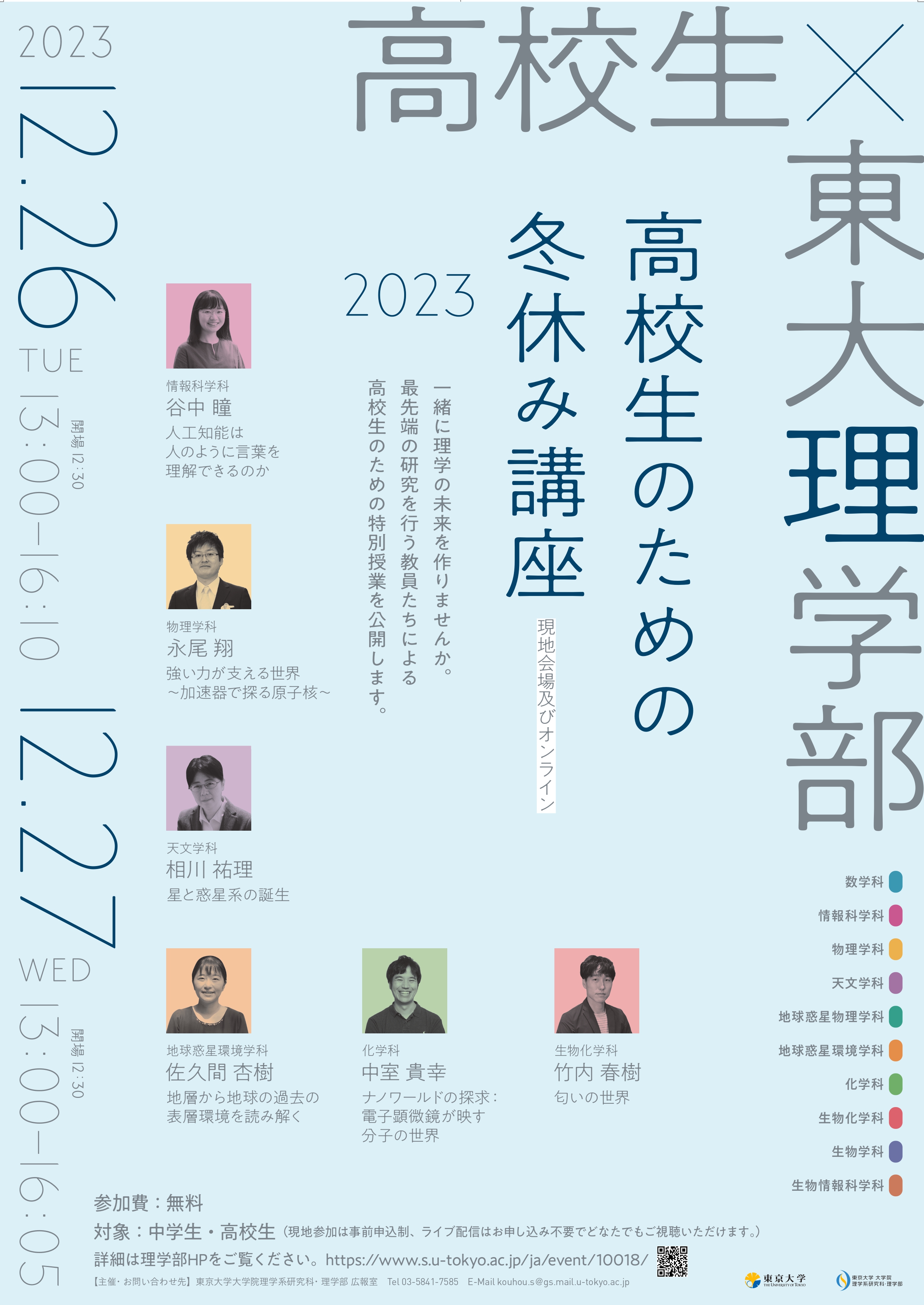 Date: Tuesday, December 26, 2023, 13:00-16:10 (doors open 12:30)
Date: Tuesday, December 26, 2023, 13:00-16:10 (doors open 12:30)
Wednesday, December 27, 13:00-16:05 (doors open 12:30)
Program:
December 26 (Tuesday)
13:00-13:05 Greetings from Dean of the School of Science
Professor OHKOSHI Shin-ichi, Department of Chemistry
13:05-13:45 Lecture 1-1 Biology "The World of Smell
Professor TAKEUCHI Haruki, Department of Biophysics and Biochemistry
13:45-14:00 Q&A 1-1
14:00-14:10 -Break
14:10-14:50 Lecture 1-2 Physics "The World Supported by Strong Forces: Exploring Nuclei with an Accelerator
Assistant Professor NAGAO Sho, Department of Physics
14:50-15:05 Q&A 1-2
15:05-15:15 -Break
15:15-15:55 Lecture 1-3 Chemistry "Exploring the Nanoworld: Molecular Worlds Reflected by Electron Microscopy
Project Associate Professor NAKAMURO Takayuki, Department of Chemistry
15:55-16:10 Q&A 1-3
16:10 End
Wednesday, December 27
13:00-13:40 Lecture 2-1 Astronomy "Birth of Stars and Planetary Systems
Professor AIKAWA Yuri, Department of Astronomy
13:40-13:55 Q&A 2-1
13:55-14:05 -Break
14:05-14:45 Lecture 2-2 Geology "Reading the Earth's Past Surface Environment from Strata
Assistant Professor SAKUMA Aki, Department of Earth and Planetary Environmental Science
14:45-15:00 Q&A 2-2
14:00-15:10 -Break
15:10-15:50 Lecture 2-3 Information Science "Can Artificial Intelligence understand language like humans?
Associate Professor YANAKA Hitomi, Department of Information Science
15:50-16:05 Q&A 2-3
16:05 End
Introduction of Lecturers and Lecture Content
Lecture 1-1: Biology
The World of Smell
Professor TAKEUCHI Haruki, Department of Biophysics and Biochemistry
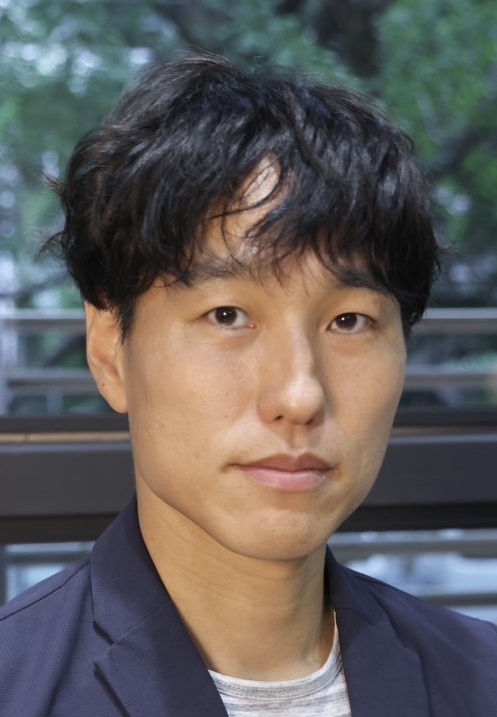
Career Summary
D. in Biochemistry, Department of Chemistry, Graduate School of Science, The University of Tokyo. After serving as Senior Professor at the Faculty of Medicine, University of Fukui, and Project Associate Professor at the Graduate School of Pharmaceutical Sciences, The University of Tokyo, he assumed his current position in 2022. D. in Science.
Lecture Contents
If you were asked, "If you had to choose one of the five senses that humans have that you don't need, what would it be?" What would you say? Most people would probably choose "olfaction. However, it is known that there are approximately 400 olfactory receptor genes in the human genome that support the reception of smell. This is an extremely large number compared to the four to six genes for light-sensing vision. This lecture will introduce the importance of the sense of smell as glimpsed by this genetic information and the unexpected benefits and effects of smell, filling the gap between our impression of the sense of smell and its importance.
Lecture 1-2 Physics
The World Supported by Strong Forces: Exploring the Atomic Nucleus with an Accelerator
Assistant Professor NAGAO Sho, Department of Physics
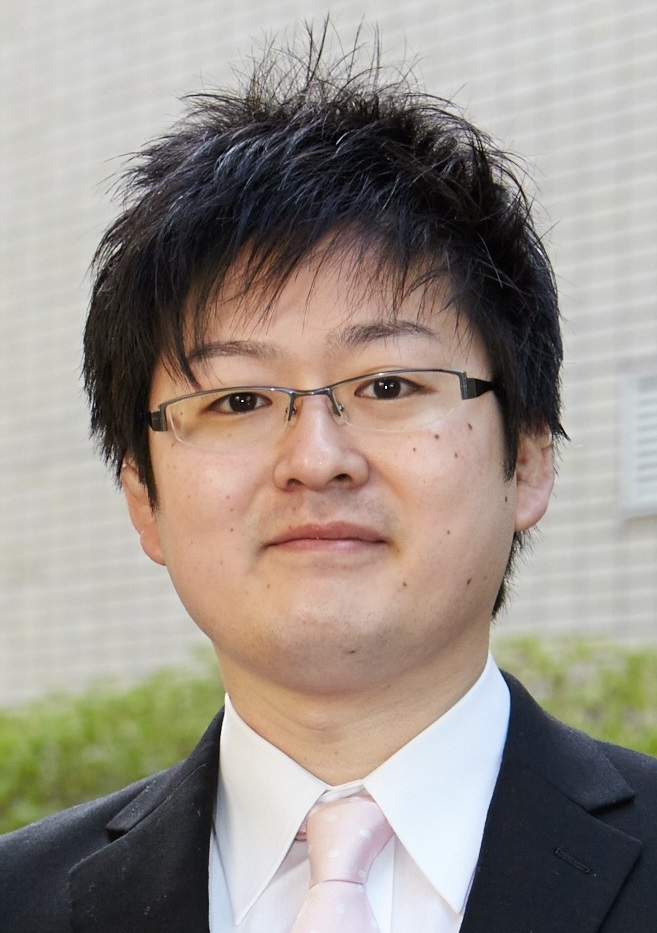
Career Summary
D. in Department of Physics, Graduate School of Science, Tohoku University. After working as Assistant Professor at Institute for Excellence in Higher Education, Tohoku University and Graduate School of Science, he has been in his current position since 2022. D. in Physics.
Lecture Contents
There are four fundamental forces in nature: strong force, electromagnetism, weak force, and gravity. The strong force, as its name implies, is the strongest force, while it is completely invisible in our daily lives. However, a nucleus at the center of an atom, the world in one trillionth of a millimeter, is the world governed by the strong force. More than 99% of the mass of matter around us is originated from the nucleus, and nuclear research plays a role in understanding the evolutionary process of the universe. The tool to study these nuclei is the accelerator, a gigantic microscope. In this lecture, I will introduce cutting-edge accelerator experiments on nuclei, from very peculiar nuclei to super giant nuclei such as neutron stars. Let's feel the world of physics from the super microscopic world to the universe.
Lecture 1-3 Chemistry
Exploration of the Nanoworld: The Molecular World as Reflected by Electron Microscopy
Project Associate Professor NAKAMURO Takayuki, Department of Chemistry
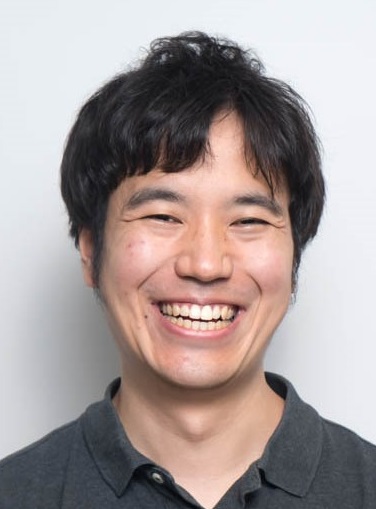
Career Summary
D. in Synthetic Chemistry and Department of Chemistry, Graduate School of Engineering, Kyoto University. After working as a Project Assistant Professor at Department of Chemistry, Graduate School of Science, The University of Tokyo, he has been in his current position since 2021. JST PRESTO researcher (concurrent). D. in Engineering.
Lecture Contents
Atoms and molecules are so small that we cannot see them with the naked eye. For this reason, chemistry may seem to be an abstract and difficult subject. When I myself first began studying chemistry in school, I was puzzled by concepts such as atoms and molecules. However, transmission electron microscopy has made it possible to observe not only their static structures but also their dynamic behaviors as images. In this lecture, I will introduce the surprises of chemistry and the depth of science through the explanation of this new field of research called "Cinematic Chemistry. You may feel chemistry more familiar to you.
Lecture 2-1 Astronomy
Birth of Stars and Planetary Systems
Professor AIKAWA Yuri, Department of Astronomy
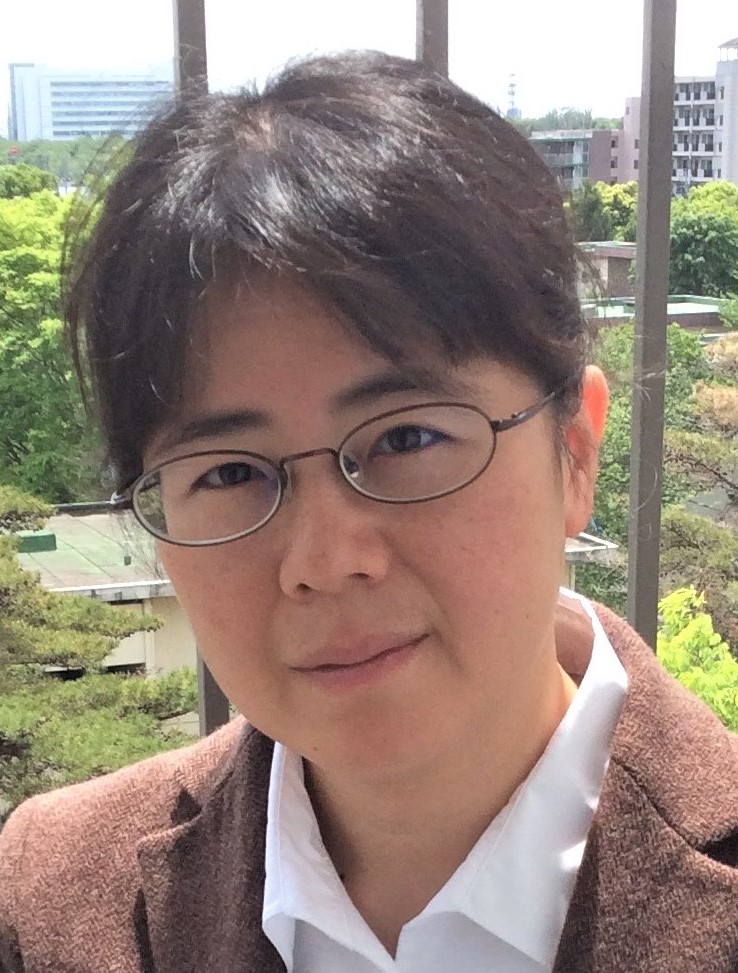
Career Summary
D. in Department of Physics of the Earth and Planets, Graduate School of Science, The University of Tokyo. After serving as a JSPS Research Fellow, Assistant Professor and Associate Professor at Kobe University, and Professor at the University of Tsukuba, she assumed her current position in 2017. D. in Science.
Lecture Contents
Stars like the Sun are formed when gas drifting in a galaxy gathers and contracts under each other's gravity. Newborn stars are surrounded by a disk of gas. The gas contains a small fraction of solid particles, like grains of sand, which come together to form earth-like planets. The ALMA, Subaru, and JWST telescopes are currently observing the distribution and chemical composition of solid particles and gas in the disks where planetary systems form. Detailed data analysis is also revealing planets in the process of formation. In this lecture, I will introduce the current status of these observations and research on the formation of stars and planetary systems, including basic theoretical findings.
Lecture 2-2 Geology
Understanding the Earth's past surface environment from geological strata
Assistant Professor SAKUMA Aki, Department of Earth and Planetary Environmental Science
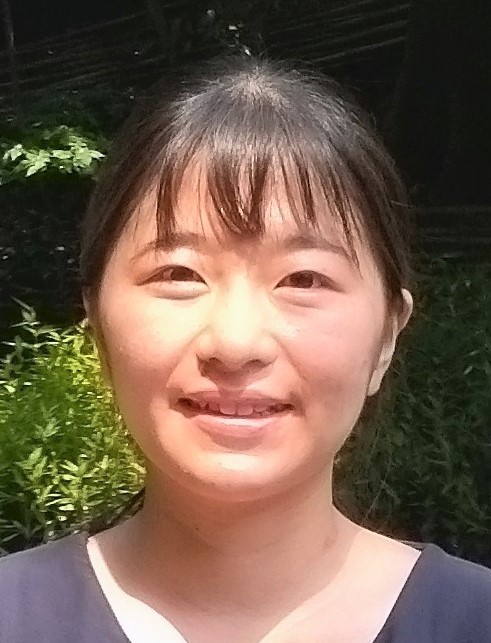
Career Summary
D. in Department of Earth and Planetary Science, Graduate School of Science, The University of Tokyo. After working for Japan Agency for Marine-Earth Science and Technology (JAMSTEC), she has been in her current position since 2023. D. in Science.
Lecture Contents
Textbooks and museums tell us that the surface environment of the earth, which has a history of about 4.6 billion years, has gone through various states and changed to the present. So how has the Earth's past, which is often taken for granted, been revealed? We geologists have studied the past environment by going out into the field to examine the strata and analyzing the collected samples in the laboratory. In this lecture, I would like to introduce the discipline of geology, which is not very familiar to high school students who have few geology options.
Lecture 2-3: Information Science
Can Artificial Intelligence understand language like humans?
Associate Professor YANAKA Hitomi, Department of Information Science
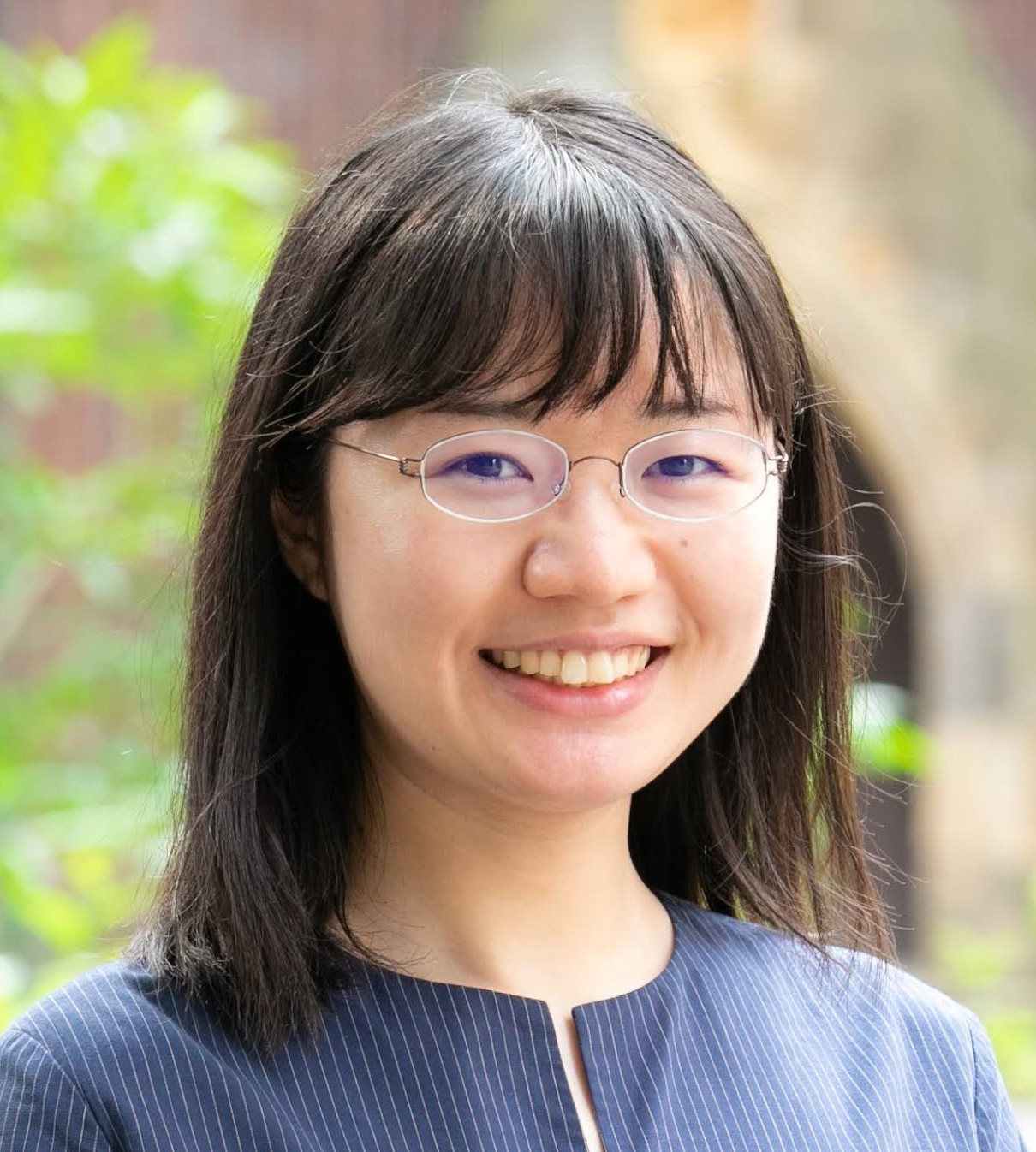
Career Summary
D. (Engineering), Department of Systems Innovation, Graduate School of Engineering, The University of Tokyo. After working as a postdoctoral researcher at the RIKEN Center for Integrated Research on Innovative Intelligence, she was selected as The University of Tokyo Excellent Young Researcher in 2021, and is currently in her current position
Lecture Contents
We communicate through natural language every day, and most of the data in the world is written in natural language. With the development of information technologies, artificial intelligence technologies that process natural language, such as information retrieval and automatic translation, have been widely used in our daily lives. Now, does artificial intelligence understand the meaning of language as well as we do? In this lecture, I will introduce how current artificial intelligence technologies computationally process natural language and then consider from various perspectives the extent to which their processing is similar to ours.
Target audience
Lecture for junior high and high school students
Live streaming is open to everyone, no registration required.
Participation Fee
Free of charge
How to apply (advance registration required for on-site participation only)
Registration for both Tuesday, December 26 and Wednesday, December 27 has closed as we have reached the maximum number of on-site participants (150). Thank you for all the applications.
Notes
- Please fill out the application form in its entirety. There is a section where you will be asked to write a short essay, so please make sure that the essay is filled out by the participant himself/herself. Failure to do so may result in your ineligibility to participate.
- At the registration desk, we will confirm the e-mail that was automatically sent to you upon receipt of your application. Please note that if we cannot confirm your e-mail, you will not be allowed to enter the venue.
- Each lecture will be followed by a question and answer period. All questions will be taken via Slido, so please have your device ready when you arrive at the venue. Please enter the access code provided on the lecture screen or in the YouTube summary section into the Slido website to ask questions.
Location
Koshiba Hall, School of Science Building No. 1, Hongo Campus, The University of Tokyo Access Map
Live Streaming
Anyone can watch the lecture on the YouTube channel of the School of Science without prior registration. The lecture will be available on demand until 23:59 on December 28 (Thu.).
Other Information
■PDF materials for participants will be posted on this page by the day before the event.
■No materials will be distributed at the venue, so on-site attendees are requested to download and read the materials from this page.
■School of Science, The University of Tokyo provides "Barrier-Free Support. If you need facilities or information security due to a disability, etc., please let us know at the time of application.
Sponsor/Inquiries
Office of Communication, School of Science, The University of Tokyo
TEL: 03-5841-7585
email: kouhou.s@gs.mail.u-tokyo.ac.jp


